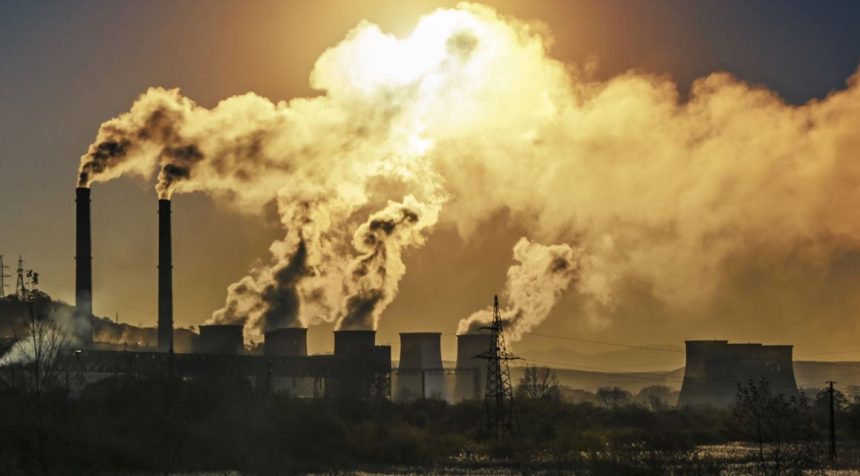As part of an investment plan for a total of 98 billion dollars that was accepted at COP27 in Egypt, France and Germany have released 600 million euros to support the energy transition in South Africa.
“South Africa, France, and Germany have signed loan agreements for the two European nations to provide 300 million euros each in concessional financing to South Africa in support of the country’s efforts to reduce its dependence on coal,” the three countries announced Wednesday in a joint statement.
Coal, a foundational element of the South African economy that employs close to 100,000 people, provides 80% of the country’s electricity. By the year 2030, several power plants will be shut down. With its outdated infrastructure, the indebted state-owned company Eskom is unable to provide enough electricity and is therefore enforcing ongoing power outages.
Following a preliminary agreement achieved at COP26 in Glasgow last year, a $98 billion investment plan for the energy transformation of Africa’s largest industrial power was adopted earlier this week at the UN climate summit in Sharm el-Sheikh, which started on Sunday.
With the goal of making South Africa an example of collaboration in the battle against emissions in developing nations, France, Germany, the United Kingdom, the United States, and the European Union offered their support of 8.5 billion dollars.
The first instalment of this aid was provided by France and Germany in the form of loans from the French development agency (AFD) and the German public investment bank (KfW). The two nations have committed one billion euros each to South Africa, which the World Bank estimates will require at least $500 billion to achieve carbon neutrality by 2050.
Cyril Ramaphosa, the president of South Africa, has often criticised wealthy nations for giving loans to the world’s poorest people, which run the risk of increasing their debt.
According to a report commissioned by the COP president, southern nations will require more than $2 trillion annually by 2030 to finance their climate action, with almost half coming from foreign investors.





